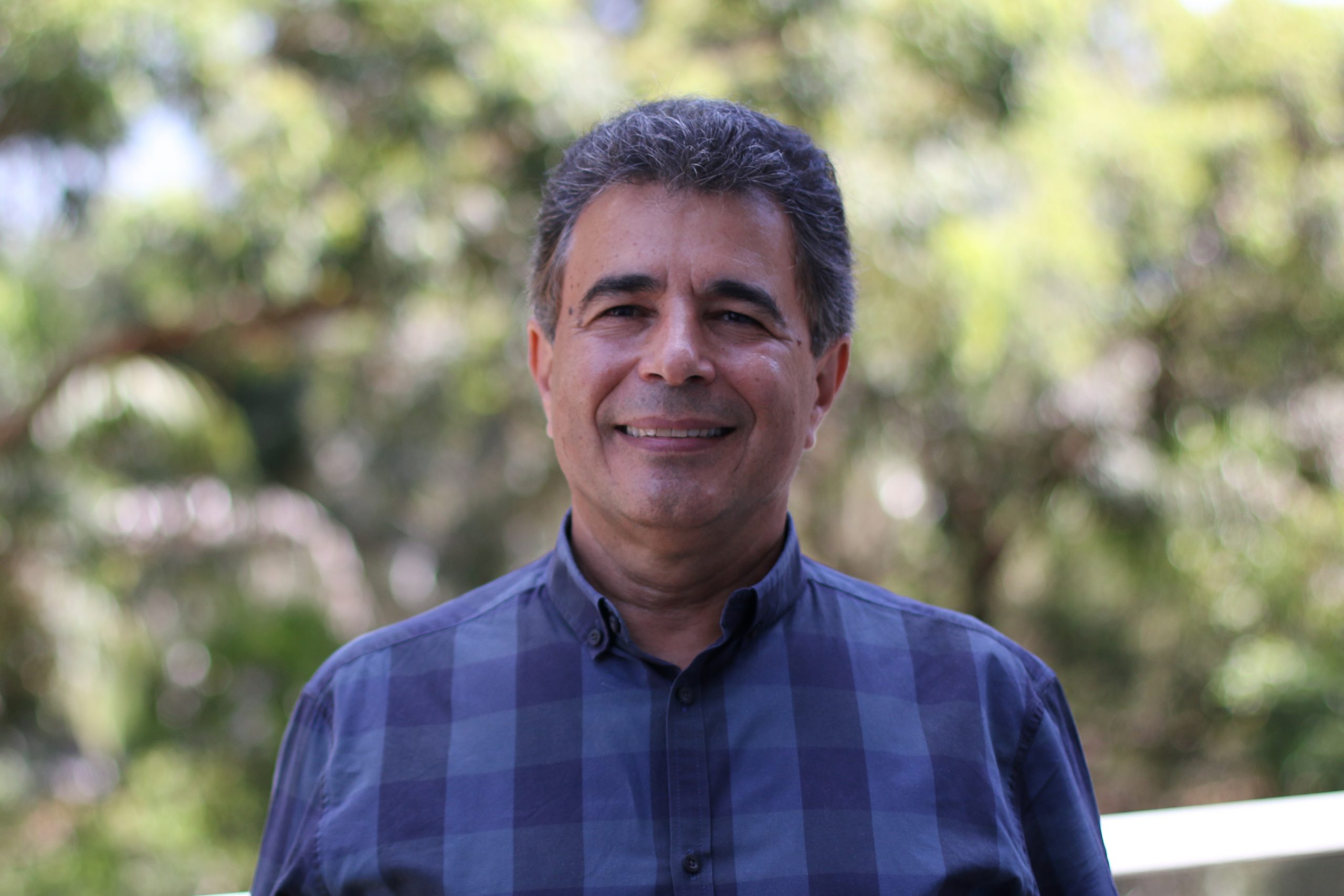Pioneering sustainable engineering innovations
Scientia Professor Nasser Khalili FTSE is a renowned international leader in geotechnical engineering, computational geomechanics, and unsaturated soil mechanics.

Scientia Professor Nasser Khalili FTSE is a renowned international leader in geotechnical engineering, computational geomechanics, and unsaturated soil mechanics.

One of Professor Khalili's most influential contributions to the field has been developing the 'effective stress approach' in analysing unsaturated soils. Widely adopted now, this concept focuses on the impact of stress acting on soil particles and its influence on soil behaviour and strength in various geotechnical engineering applications. By accurately predicting how soil will behave in its natural state, this approach has saved millions of dollars in construction costs and bolstered confidence in assessing slope and embankment stability, ensuring safety and efficiency in infrastructure projects.

In addition to his work in geotechnical engineering, Professor Khalili also focuses on utilising waste as a valuable resource. He successfully incorporates waste materials, such as coffee cups and plastic waste, as value-added components in asphalt, addressing waste management challenges and reducing the environmental impact of conventional construction materials. A recent project diverted 10,000 tonnes of paper and plastic waste into road construction, showcasing technical leadership in Australian recycling efforts while reducing infrastructure costs.
Professor Khalili's dedication to sustainability aligns with several United Nations' Sustainable Development Goals, reducing the environmental impact and waste generation. His contributions to fostering quality education, promoting gender equality, and advocating for industry innovation and infrastructure development also highlight a commitment to creating a better world through more sustainable engineering practices.
Looking ahead, Professor Khalili is eager about the transformative potential of the Australian Research Council (ARC) Research Hub on Resilient and Intelligent Infrastructure Systems (RIIS), which he directs. This ambitious initiative aims to integrate the 4th industrial revolution into infrastructure engineering, fundamentally changing how critical structures are designed, constructed, monitored, and managed. Emerging technologies from this initiative promise to revolutionise infrastructure practices, paving the way for more advanced, sustainable, and future-proof developments.
With his pioneering research and dedication to sustainable engineering, Professor Nasser Khalili stands at the forefront of geotechnical innovation, driving advancements that will leave a lasting positive impact on the world's infrastructure and environmental practices.
